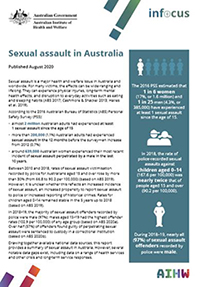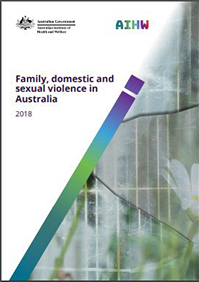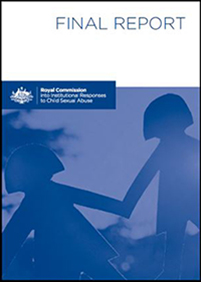SARC Research
SARC services are confidential. Patients seen by SARC for an emergency consultation will be asked if they consent to their de-identified data being used for research purposes. All SARC research information is de-identified to remove individual personal information or circumstances.
All SARC research is approved through formal King Edward Memorial Hospital Ethics Committee processes before starting.
Staff from the Clinical Forensic Medicine team have published the following original research articles in peer-reviewed journals in conjunction with the Curtin University School of Population Health:
- Early evidence kits in sexual assault: an observational study of spermatozoa detection in urine and other forensic specimens. Forensic Sci Med Pathol. DOI 10.1007/s12024-014-9562-7
- Non-fatal strangulation in sexual assault: a study of clinical and assault characteristics highlighting the role of intimate partner violence. J Forensic Legal Med 43 (2016) 1-7. Open research paper (external site)
- Genital and anal injuries: a cross-sectional Australian study of 1266 women alleging recent sexual assault. Forensic Science International. 275 (2017): 195-202. Open research paper (external site)
- Sexual assault and general body injuries: a detailed cross-sectional Australian study of 1163 women. Forensic Science International 279 (2017): 112-120. Open research paper (external site)
- Male sexual assault: physical injury and vulnerability in 103 presentations. J Forensic Legal Med 58 (2018)145-151. Open research paper (external site)
- Capturing sexual assault data: an information system designed by forensic clinicians and healthcare researchers. Health Information Management Journal (2017): 1-10. DOI: 10.1177/1833358316687575
An internal SARC Research Governance Committee coordinates all requests for research projects from internal and external researchers. Prospective researchers can contact the Chair of the Research Committee to discuss potential research projects.
Current data about sexual assault in Australia is available from the Australian Institute of Health and Welfare (AIHW). See current AIHW publications below.
Sexual assault in Australia
Sexual assault is a major health and welfare issue in Australia. The Australian Institute of Health and Welfare’s Infocus report draws together a range of available data sources to provide a national summary of the extent, nature and impact of sexual assault.
In December 2017 the Royal Commission presented a final report from a five year inquiry into institutional responses to child sexual abuse and related matters in Australia.




